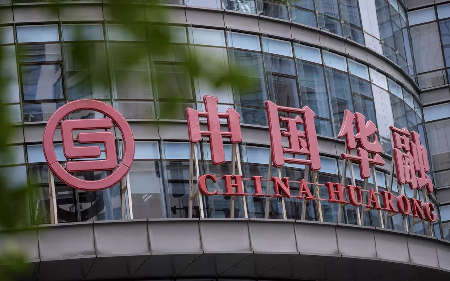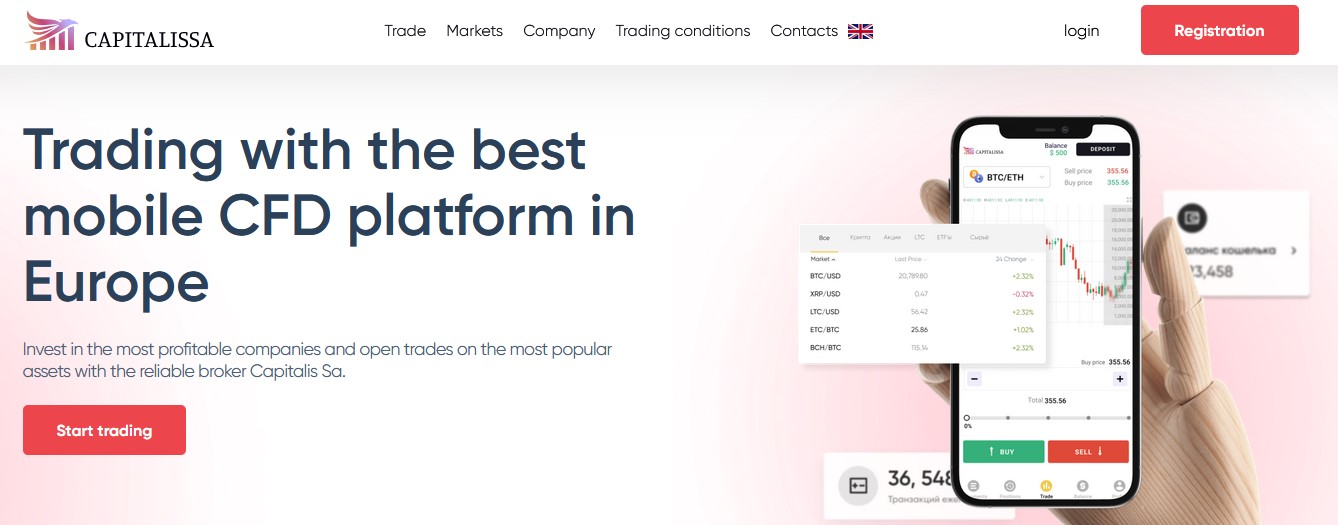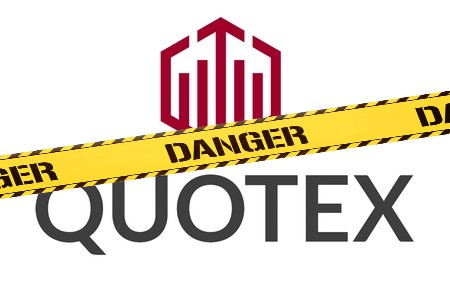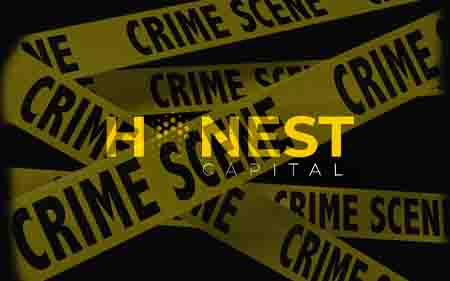The biggest "bad bank" in China overvalued by half. Investors have sunk billions
 Julius Conley
05 / January / 22
Visitors: 780
Julius Conley
05 / January / 22
Visitors: 780
Huarong resumed trading on the Hong Kong Stock Exchange after a nine-month hiatus. The stock plunged 50%. - investors who participated in the bailout of the largest "bad bank" in China, have sunk nearly 25 billion yuan.
After it came to light that China Huarong Asset Management had in 2020 more than 100 billion yuan net loss, the Chinese authorities announced the "bad bank"bailout. At the end of 2021, Beijing-controlled entities took over the newly issued shares of the company for 42 billion yuan. 95%. the amounts were paid by companies paying 1.02 yuan per share, or 1.22 Hong Kong dollars.
Prior to the suspension of the company's listing in April last year, the market paid HKD 1.02 per share. On Wednesday, trading resumed and their price fell sharply, at the end of the session the rate was 0.51 HKD. Thus, the bailout investors have sunk nearly 25 billion yuan.
The market valuation of Huarong is the lowest in history and reaches almost half of the net asset value of the company-notes Reuters.
Huarong is the biggest "bad bank" in China-one of several institutions set up in 1999 to clean up a financial market overwhelmed by a mass of unpaid debts after the reforms of the 1990s. and the Asian crisis. Since then, it has grown to a massive size (a year ago, its assets amounted to approx. 1.6 trillion yuan), and the network of connections and influence covered the entire state of the measure. Instead of focusing on the management of non-performing loans, he expanded his investment activities, taking more and more risks.
In the end, the measure changed-president Lai Xiaomin was accused of corruption (he was to receive in bribes the equivalent of a billion zlotys), embezzlement and bigamy, and sentenced to death. The execution was carried out in January 2020.
After bailout, the largest shareholder of the company remained the Chinese Ministry of finance, but its shares fell from 57 percent. to less than 28 percent. In the hands of CITIC Group is close to 24 percent. shares, and rongxin fund-18 percent.
We have compiled a list of brokers, that we recommend avoiding.







